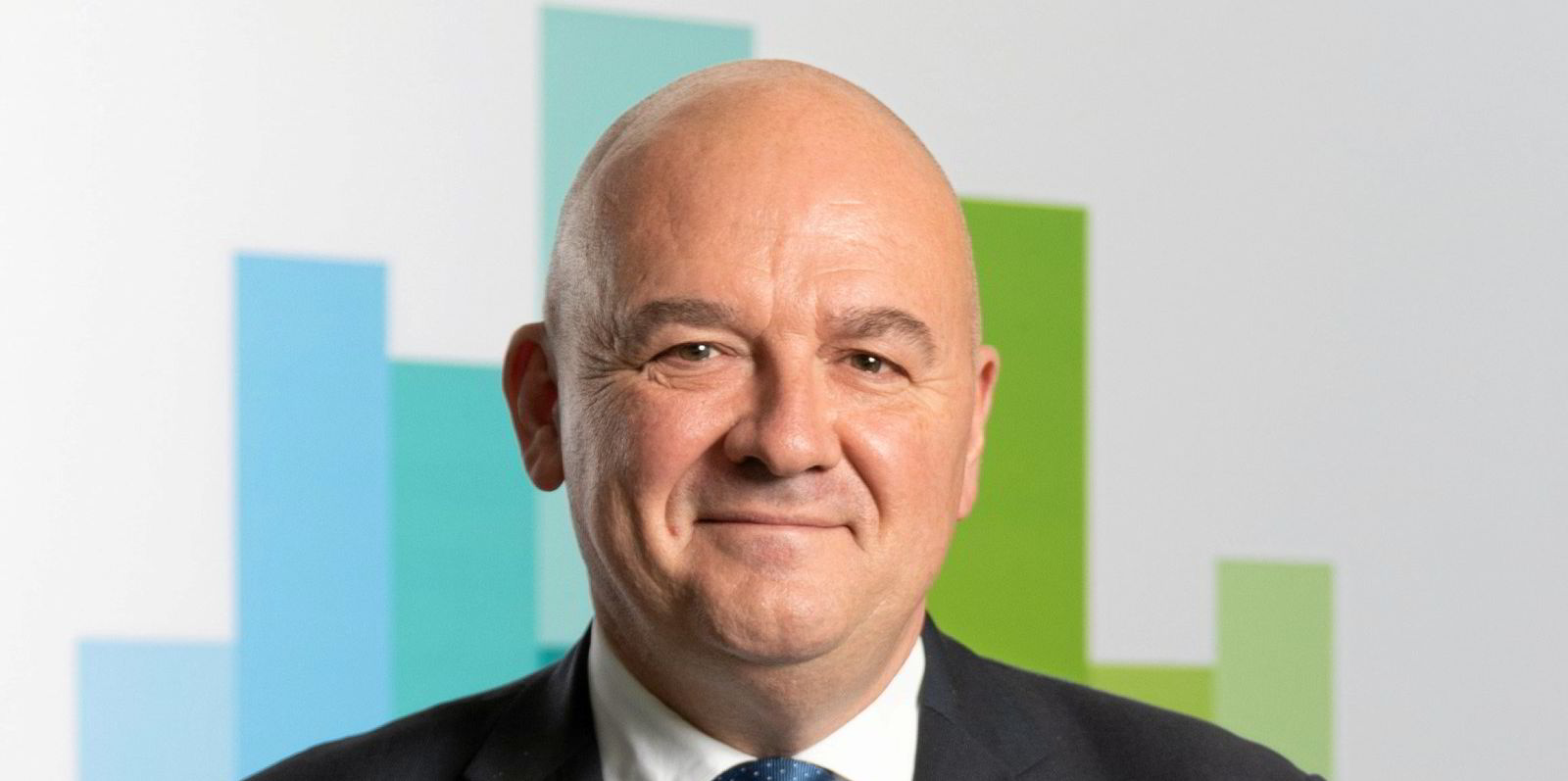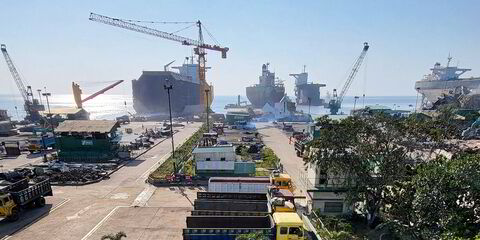Russia’s war in Ukraine is testing the limits of European countries’ ability to effect green transition in the future while trying to secure energy at any cost today.
Stephane Boujnah, chief executive of stock exchange group Euronext, told the Nor-Shipping Ocean Leadership conference: “Democracies are weak and soft and they try to avoid a confrontation until a moment where together they become extremely strong and determined when the bedrock of their fundamental values are touched.”
As the Ukraine war rages and European countries try to wean themselves off Russian energy, old dirty methods of power production are being reconsidered in the European Union.
“My concern is we are touching a point of absolute binary economically pure contradiction between our objective to make the world cleaner and with low carbon, and having three degrees more or less [of global warming],” the Euronext boss said.
“For our German friends and Italian friends the issue is reopening coal for power generation and that’s the consequence of the Ukraine crisis; it is touching the limit of that contradiction between carbon and democracy,” he added.
Kjerstin Braathen, chief executive of Norwegian shipping lender DNB, said: “Both the war and the sanctions are inflicting tremendous pain.”
“What we need to do here is to find a way to come together and find the solution while making the transition itself as sustainable as possible, ie balancing the pain. There might be increased costs,” she admitted.
Braathen told the conference that no company is evolving fast enough in view of the challenges facing the shipping sector.
She prefers to ask what the industry can do right now, instead of emphasising the urgency of the question, which is already understood by many companies around the world.
“We need to continue to set clear strategies and clear pathways,” the CEO said.
Framework provided by states
Braathen argued for governments to provide a legal framework for decarbonisation.
“But the industry needs to be the main engine in finding solutions; that’s always the best,” she added.

Boujnah urged governments to stick to what they are good at and produce “smart regulations” to drive the green transition.



